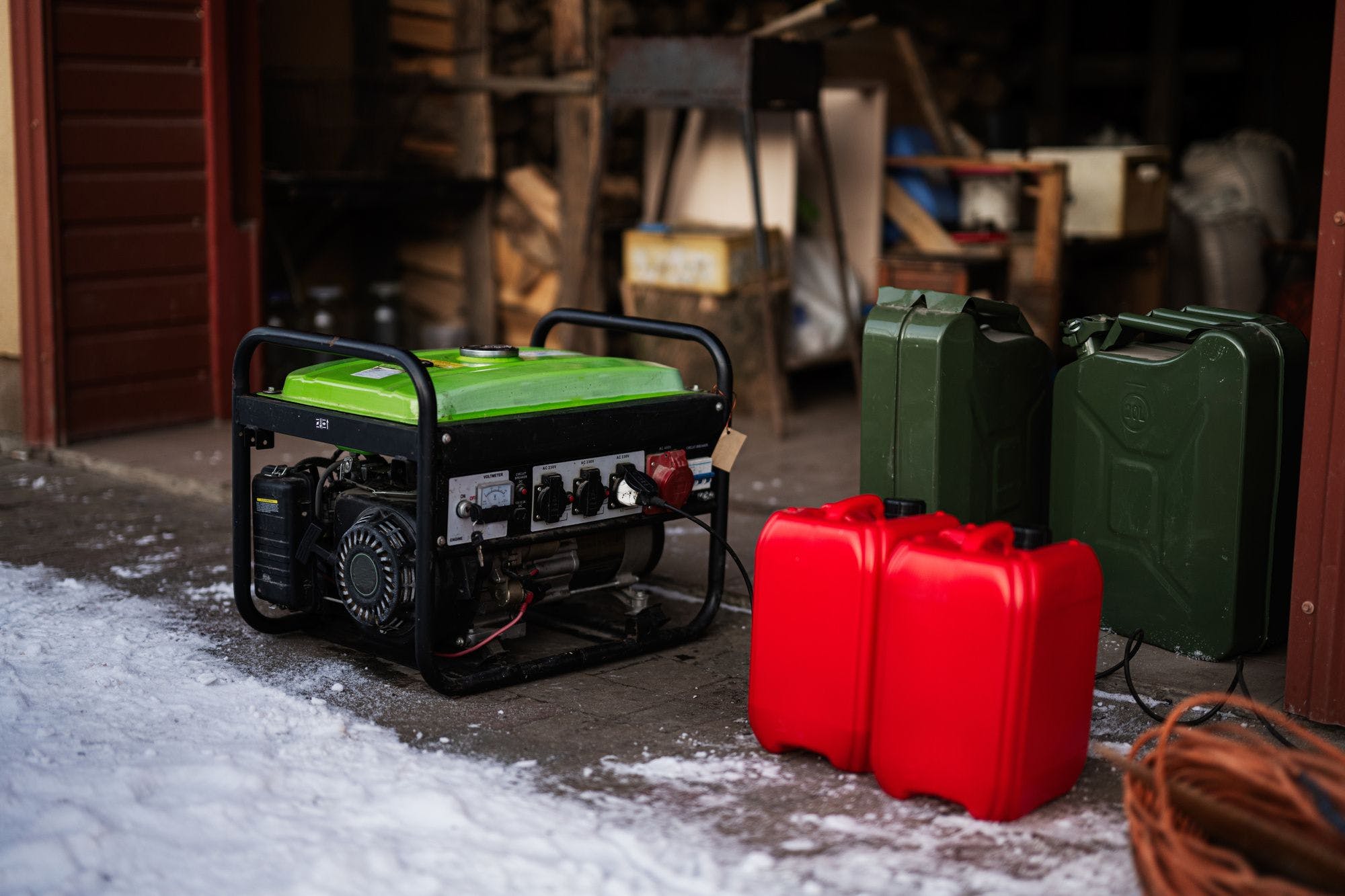Power outages can be a major inconvenience for many households, as they result in the temporary loss of electricity from the primary power supply. Various factors, such as inclement weather, damaged power lines, maintenance, or electricity rationing, can trigger these disruptions. Regardless of the cause, power outages are generally unwelcome events.
However, there’s no need to endure power outages in discomfort and idleness. By taking proactive measures, you can ensure that your home is well-prepared for any potential power disruptions.
You may be curious about how to achieve this level of preparedness.
Here’s a comprehensive guide on how to effectively equip your home for power outages:
Get A Backup Option
A backup power source ensures that your home remains supplied with electricity even when the primary power grid fails.
There are various options available. You can opt for a generator, solar panels, home battery, or wind turbines. Each of these has a variety to them, often concerning the size. How long will each provide electricity?
Before settling on any of them, learning about each is important. You can find a dual fuel generator guide online. Your chosen vendor can also guide you appropriately. Ensure your chosen solar power or home battery meets your electrical needs during a power outage.
Adopt Surge Protection
An electrical surge is a sudden decrease or increase of the voltage in an electric current. It often happens when there’s a power outage, and electricity suddenly returns. The electricity comes with a high voltage, which might damage your appliances.
Common culprits of surges are TVs, refrigerators, and ACs. It’s often the case since they’re always plugged in. To block any excessive voltage, purchase surge protectors. They work by redirecting the current to the ground wire.
Ensure you choose the right surge protector for each of your appliances. The surge protector’s voltage should exceed that of the TV or fridge by some margin. Otherwise, it won’t protect your appliances. It’d help to ask for expert guidance as you buy surge protectors.
Insulate Your Home
Most people have heating systems to warm their homes, especially at night and during cold weather. During power outages, your HVAC unit won’t run. The result is a cold home which disrupts comfort.
Hence, it’s important to insulate your home. Your home won’t turn cold even during power outages. Insulation entails ensuring there’s no heat loss or gain.
Insulate your home by checking and repairing air leaks around doors and windows. It’d also help to adopt attic or wall insulation. There are many options to choose from. You can opt for earthwool, spray foam, in-blown, rockwool, etc.
It’d help to consider the maintenance needs of your chosen insulation solution. Minimal maintenance is best.
Stock Up On Non-Perishable Food
During prolonged power outages, stored food in the refrigerator will likely go bad. What will you and your family eat? Yes, you can head out and food. But what if the outage is in the middle of the night and all hotels and other eateries are closed?
The answer is stocking up on non-perishable foods. These don’t need refrigeration and can last for long. They’ll meet your needs despite lengthy power outages that can run into days.
Examples of non-perishable foods are canned, dehydrated, or dried. They include nuts, rice, pasta, fruits, canned meat, and tomatoes.
Ensure you store them properly; keep them in airtight, cool, and dry conditions. Poor storage conditions reduce their shelf-life.
Invest In A Medical Kit
During power outages, limited lighting can significantly increase the risk of accidents and injuries.
Navigating in the dark may lead to stubbing your toe against a door or sustaining cuts while cooking by candlelight. To mitigate the potential hazards, it’s essential to be prepared for such incidents.
A well-stocked medical or first-aid kit serves as an effective solution, allowing you to address injuries and minimize the risk of further complications, such as bleeding or infections. Essential items for your kit should include gauze, antiseptic, tweezers, bandages, band-aids, scissors, safety pins, and more.
Make sure to have ample supplies of each item, as the number of band-aids or safety pins required may be unpredictable.

Stock Up On Entertainment
Imagine a power outage: it’s dark, your phone battery is drained, and reading is not feasible due to eye strain. The scenario is a recipe for boredom, but it doesn’t have to be that way for you and your family. Power outages can be enjoyable, too.
Simply stock up on family games that can be played without electricity. Candles and lanterns can provide sufficient lighting. Be sure to place them at a safe distance and elevated position to prevent accidents or fire hazards.
Consider purchasing board games, cards, or other handy games. These games not only provide entertainment but also stimulate creativity and foster family bonding during power outages.
Conclusion
The discussion has proved that keeping your home prepared for power outages doesn’t require much. It has detailed, simple but effective ways of preparing your home. The goal is to achieve functionality and comfort. Therefore, implementing this guide in your home in preparation for power blackouts is best.


Comments are closed.